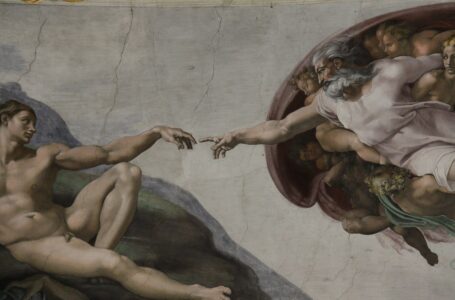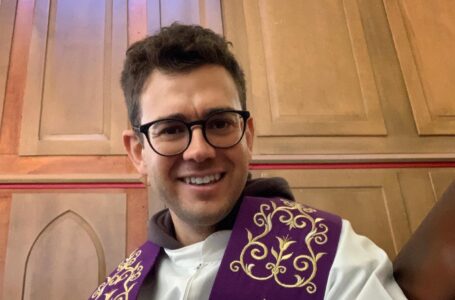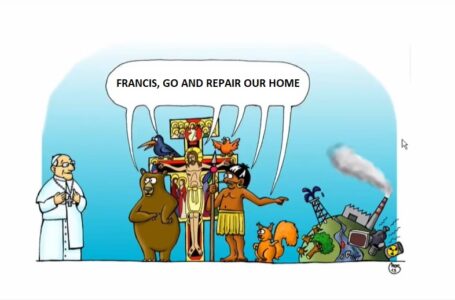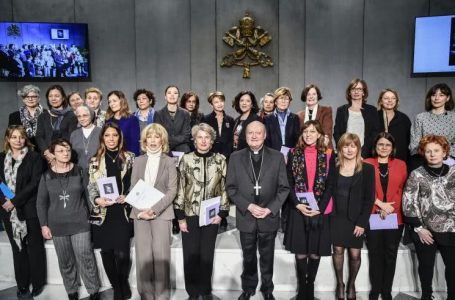“I Believe” – Reflections on the Catholic Creed
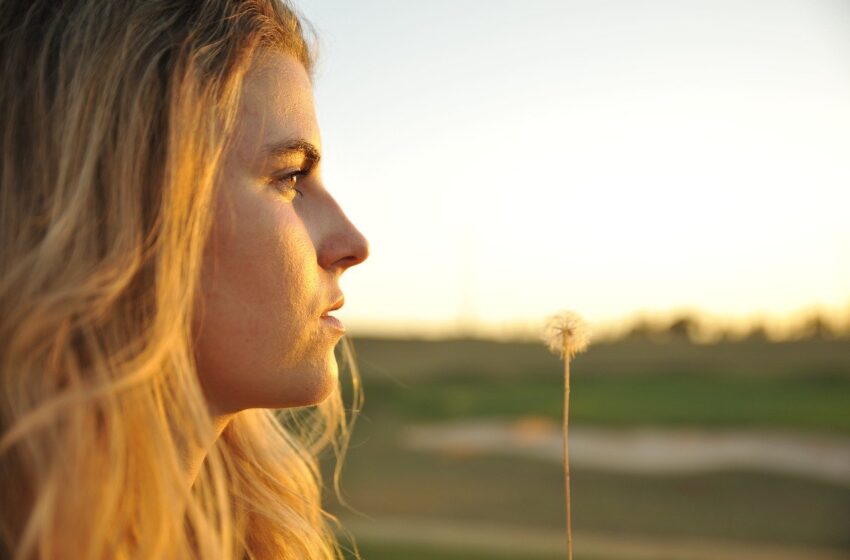
Photo credit: HLucky
This article is the first in a series on the Catholic creed. It describes the human characteristics of belief and trust in the context of faith. The text is adapted from an article in Spanish by Alvaro Lobo SJ, published on the website Pastoral SJ. (The link to the original article is available at the end of this article.)
The ability to believe belongs solely to the human race
We believe in our parents when they help us with our problems before we have even spoken about them. And we believe our teachers, who educate us with such dedication. We trust in the ability of the nurse who takes our blood. We believe in the judgment of the salesgirl who tells us that the item of clothing is the right size for us.
We believe that there is justice, that good is more desirable than evil, and that love is not just biology. We even build our families by believing in a simple ‘I love you’. Because believing is something that belongs to the human being, inaccessible to the rest of the creatures. If we did not believe in anything we would not progress, we would not even have a childhood.
Our faith is based upon this basic principle of belief and trust, something so fragile but also so strong. Belief and trust reveal much about us as human beings, especially as Christians.
Belief implies humility and recognising that we are on a journey of learning
Believing and trusting implies humility: Accepting that we are fragile and that we do not know everything; that there is a continuous learning process and that we are absolutely dependent on others and on an Other. None of us would have lived to last even one day of our lives if we were on our own. We are here thanks to others.
Believing in someone or something is to recognise that we live in a continuous journey of learning until the day when all this is over. It is recognising that there are affirmations which are not always based on proof, but on an option, an intuition or an act of faith. To believe also implies doubt. Since we do not have all the knowledge, we have to believe what others say but in the context of doubt.
Even if we do not like having doubts, they are usually the best sign that our faith, our belief, is healthy. If there are only absolute certainties in what we believe, we are not invited to continue searching and growing in our faith. Personally, I have a hard time with people who think that they know everything and always seem to have a clear understanding of their faith.
Believing, trusting and faith
Finally, faith involves believing and trusting, even in the midst of panic, fear and loneliness. It is like walking on strong and secure pillars which we can neither see nor control. It’s impossible to verify every piece of information that we are taught in class, to continually guess if the nurse has registered our details correctly. It is trusting that the size of the trousers I want to buy corresponds to the sharp eye of the salesgirl. Reality tells us that we can never know everything. Hence, there is an indispensable gap that each person is obliged to fill by trusting in something or someone. Some put their trust in money, others in politics, some in pleasure; and Christians…? We try to believe and put our trust in God, knowing that it is not easy.
In this matter of faith, we cannot demonstrate with empirical facts that God exists but neither can the opposite be proven.
Catholic creed, belief
Based on the original Spanish text written by: Alvaro Lobo SJ
Translated by: Ms Maria Zammit
Read more:
– Brilliant Message by Fernando Pessoa not Pope Francis

